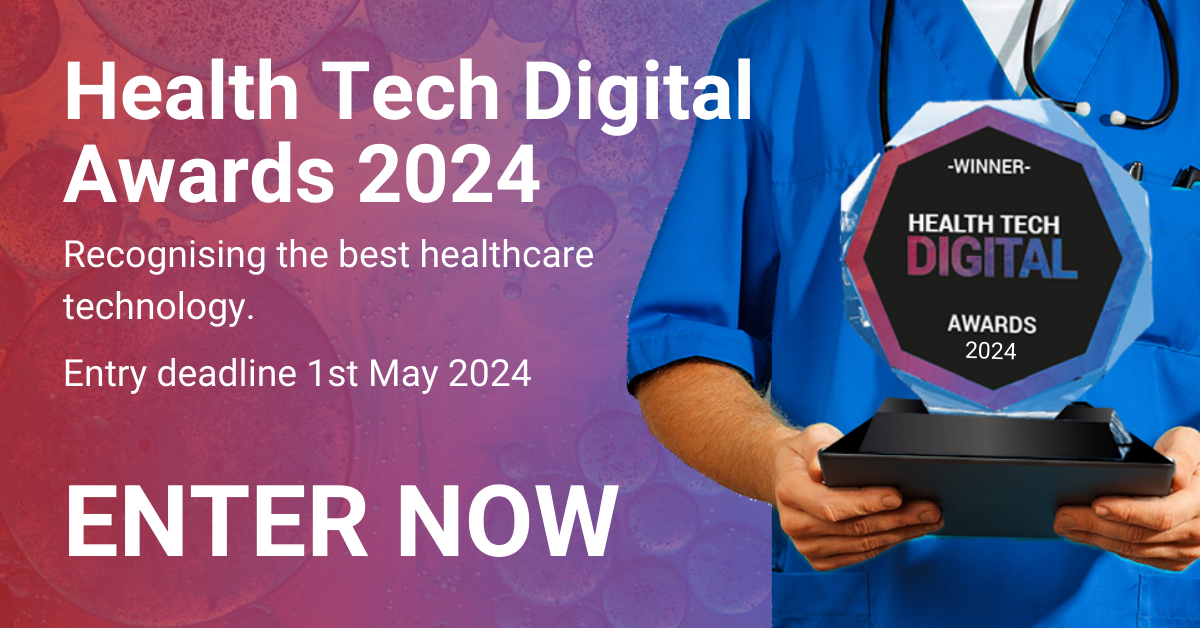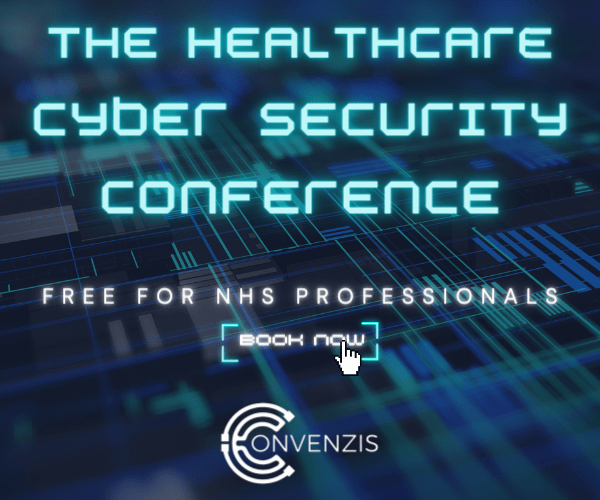
Clinical trials help healthcare professionals understand how to treat illness and support knowledge expansion of health and wellness. In an exceptional year, the National Institute for Health Research reported that over one million people took part in clinical research across England in 2020/21. The trials they participated in would have generated a lot of data and this had to be securely, and efficiently, captured and processed for trial outcomes. Clinical trial managers must consider a number of factors in determining the right way to securely capture their participants’ data electronically. The right cellular connectivity solution ensures ‘always on’ availability, secure data collection and transfer, and simple management of deployed trial devices.
Clinical trial challenges
Clinical trials once relied on patient assessments conducted in clinics, but this was a significant drain on time and resources for trial organisations and participants. Remote trial models provide convenience, and the means to reach potentially more participants, but require an appropriate way for patients to record and submit their symptoms, side effects, dosage patterns and more, for analysis.
Paper-based diaries and questionnaires provided a way initially, but there are clear drawbacks to this approach, including time and cost involved in manually keying in data and the risk of human error occurring at this time. Then there are security concerns and the need for stringent processes to safeguard against potential data breaches.
Mobile technology has long since transformed clinical trial data capture. Triallists can respond in real-time via smart Electronic Patients Reported Outcome (ePRO) or Electronic Clinical Outcome Assessment (eCOA) devices issued for the purpose. Clinical trial apps on these devices gather data in the correct format for ease of collation and provide convenience and speed for triallists and trial managers alike.
However, some challenges still remain in the way data is returned to trial organisations. Device connectivity across cellular networks, must be fast, reliable, and secure. The chosen connectivity solution must mitigate the risk of data loss and breaches and must be simple to manage. After all, organisations want to focus on trial output, not connectivity.
Electronic data capture solutions
Clinical trial organisations need secure, simple, and reliable device connectivity to capture data. These solutions must:
Be suited to transmitting data from any location
They cannot rely on patients’ wi-fi or own cellular connections as these may not be available or may be unreliable. Connectivity must also be available across the trial population to meet the trial requirements
Restrict connected devices to the purpose of the trial only
Devices are open to fraudulent or security breaches if they are not restricted to capturing trial data alone. The SIMs should only be used with the allocated device through IMEI locking.
Enable device reuse and multi-region trials
Trial organisations must take a forward-looking view of trials. They will want to reuse hardware and will therefore need turnaround processes to wipe data and reset devices. For organisations operating large trials, potentially with participants spanning different locations and in some instances globally, SIM cards must securely connect where devices are deployed.
Protect data through secure and reliable connections
The highly regulated healthcare industry has stringent data privacy protections, and these must be adhered to with any chosen technology solution for clinical trials.
Scale to accommodate growth in triallist numbers
Large trials may see devices deployed in the thousands. Therefore, connectivity solutions that support them must scale appropriately.
Provide complete visibility into deployed devices for ease of lifecycle management
When devices are ‘out in the field’ they must be visible. Trial organisations require a complete technology solution that enables them to monitor and manage their solution once it is deployed.
Secure cellular connectivity
Clinical trial organisations can transform the way they gather patient information through cellular connectivity that provides an ideal user experience for triallists and an efficient solution for trial managers.
There are many different ways to connect mobile devices and so it is important that organisations make connectivity choices that will facilitate as smooth a running of their trials as possible.
Roaming SIMs, or alternatively eSIMs, provide ‘always on’ connectivity across regions and can also automatically choose the strongest network signal so that data transfer is fast and reliable.
To ensure security, devices should be IMEI locked, meaning the SIMs can’t be used in other devices and IP Whitelisting should be put in place to limit device functionality to the purposes of the trial. These measures help minimise fraudulent misuse and also the risk of data breaches, but there are considerations around the security of connections too. Organisations should look for connectivity partners that meet ISO 27001 standards for reassurance that the processes and data involved in their clinical trials are secure.
Lastly, organisations should look for a simple way of managing their connected devices, with clear insight into usage, alerts and the means to monitor and manage SIMs across the multiple networks that may support each trial.
Clinical trials play a central role in furthering our knowledge of health conditions, treatments, and the impact of therapeutics. Clinical trial organisations require effective ways of capturing remote clinical trial data, with connectivity solutions that take away the worry of logistics so they can focus on data analysis and trial outcomes. For more information on efficient trial data capture, take a look at secure cellular connectivity for clinical trials.
Mark Appleby, Business Development Manager, Wireless Logic














